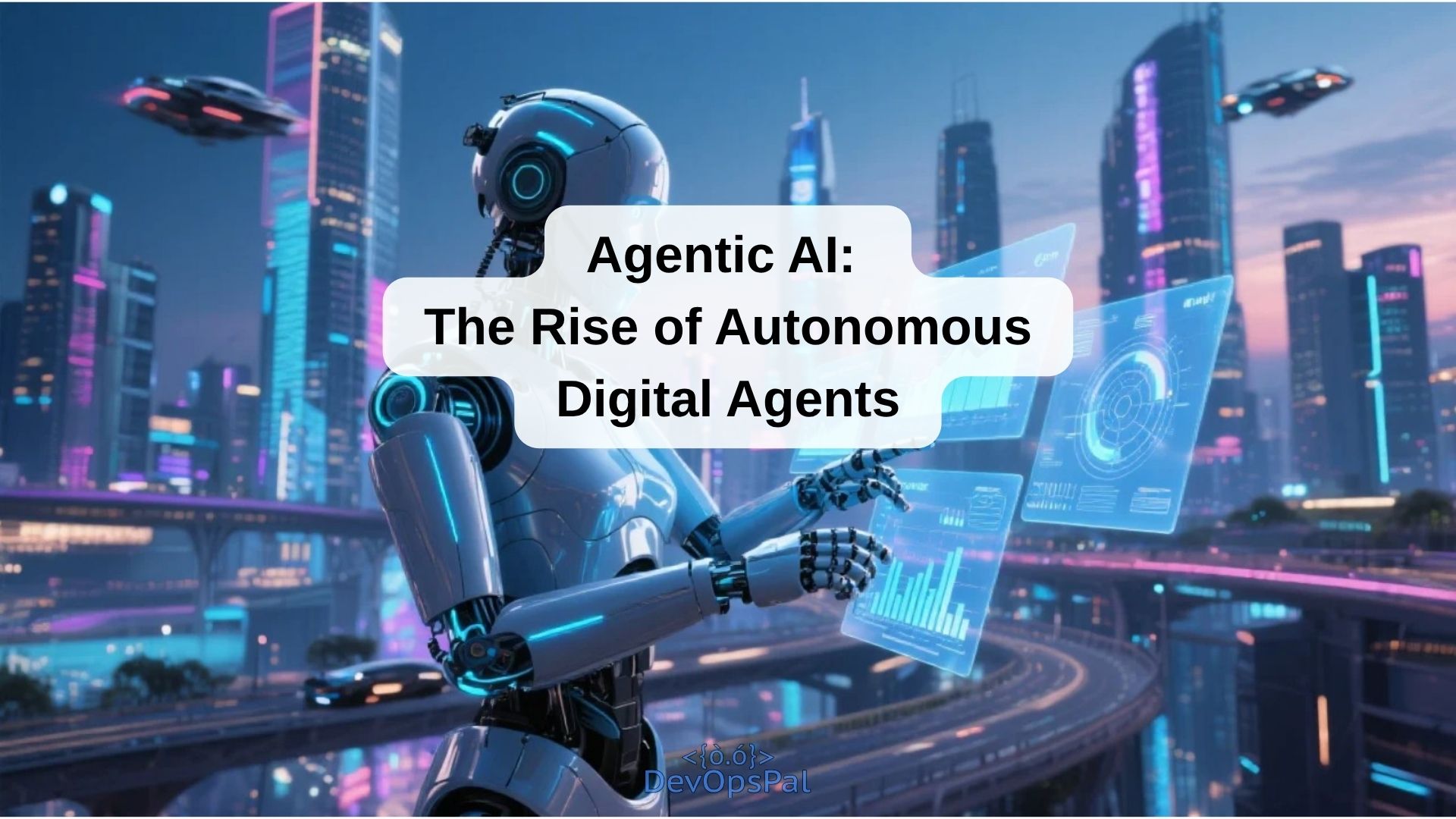Agentic AI is a term that’s gaining traction as artificial intelligence systems become more autonomous and capable. Unlike traditional AI, which often requires human input for every action, agentic AI systems can make decisions, take actions, and adapt to changing environments independently. These digital agents are transforming industries by automating complex tasks and enabling smarter, more responsive systems.
What is Agentic AI?
Agentic AI refers to AI systems that act as autonomous agents. An agent, in this context, is an entity that perceives its environment, makes decisions, and takes actions to achieve specific goals. Agentic AI systems are designed to operate with a high degree of independence, often interacting with other agents or humans in dynamic environments.
How Does Agentic AI Work?
Agentic AI systems are built on principles from fields like robotics, control theory, and multi-agent systems. They use sensors to perceive their environment, algorithms to process information, and actuators to take action. These systems can:
- Analyze data in real time
- Set and pursue goals
- Adapt to new situations
- Learn from experience
- Collaborate with other agents or humans
For example, a customer service chatbot is a simple agentic AI. It can understand user queries, search for information, and provide answers without human intervention. More advanced examples include autonomous vehicles, robotic process automation (RPA) bots, and intelligent personal assistants.
Real-World Applications
Agentic AI is already being used in a variety of industries:
- Customer Service: Chatbots and virtual assistants handle inquiries, resolve issues, and provide support 24/7.
- Process Automation: RPA bots automate repetitive business processes, improving efficiency and reducing errors.
- Robotics: Autonomous robots perform tasks in manufacturing, logistics, and healthcare.
- Finance: AI agents monitor markets, execute trades, and manage portfolios.
- Smart Homes: Intelligent agents control lighting, security, and energy usage based on user preferences.
Benefits and Challenges
The rise of agentic AI offers numerous benefits. It can increase productivity, reduce costs, and enable new business models. By automating routine tasks, agentic AI frees up human workers to focus on more complex and creative work.
However, there are challenges to consider. Ensuring the reliability, safety, and ethical behavior of autonomous agents is critical. There are also concerns about job displacement and the need for new skills in the workforce.
The Future of Agentic AI
As AI technology advances, agentic AI systems will become more capable and widespread. We can expect to see more sophisticated agents that can collaborate, negotiate, and even exhibit forms of social intelligence. The integration of agentic AI into everyday life will continue to reshape how we work, live, and interact with technology.
Conclusion
Agentic AI represents a significant step forward in the evolution of artificial intelligence. By enabling machines to act autonomously, we’re unlocking new possibilities for automation, efficiency, and innovation. As these systems become more prevalent, understanding their capabilities and implications will be essential for businesses and individuals alike.

